The erosion of physical media has been death by a thousand cuts, and Final Fantasy VII Remake's arrival on Nintendo Switch 2 delivers yet another painful slice. What should have been a triumphant moment—one of PlayStation's biggest exclusives finally reaching Nintendo's platform—instead highlights a fundamental flaw in the Switch 2's approach to AAA gaming.
The Cartridge That Isn't
Square Enix's acclaimed remake technically comes with a physical release, complete with that satisfying snap of a game case and the nostalgic ritual of sliding a cartridge into your console. But here's the cruel twist: that cartridge contains absolutely nothing. No game data, no compressed files, not even a demo. Instead, you're holding a "Game-Key Card"—essentially a $70 plastic license that unlocks a punishing 90GB download.
To put that in perspective, FF7 Remake will immediately consume roughly one-third of the Switch 2's 256GB internal storage. That's not a game purchase; it's a storage hostage situation.
Nintendo's Arbitrary Limitation
The technical excuse is straightforward enough: Switch 2's cartridges max out at 64GB, and Final Fantasy VII Remakewith its Intergrade expansion simply won't fit, even with aggressive compression. But this raises a more fundamental question that Nintendo seems reluctant to address—why stick to this arbitrary limitation when the console is explicitly marketed as capable of handling full-scale AAA experiences?
This isn't a technical impossibility we're dealing with. The Switch 2 has already demonstrated impressive performance running Star Wars Outlaws and Cyberpunk 2077—games that push both visual fidelity and file size to their limits. The hardware clearly exists to support these massive experiences. What's missing is Nintendo's willingness to provide the storage infrastructure to match.
A Problem That Will Only Get Worse
Here's the uncomfortable truth: 90GB isn't particularly large by modern AAA standards. As developers continue pushing visual boundaries with higher-resolution textures, uncompressed audio, and increasingly complex world geometry, file sizes will only balloon further. Nintendo's 64GB cartridge ceiling, reasonable in 2017, now feels quaint—and it's going to feel downright archaic within a few years.
Consider the math: Switch 2 owners trying to maintain a library of just four or five major AAA releases will quickly exhaust their internal storage entirely. The system's promise of console-quality gaming on the go becomes significantly less appealing when it requires constant storage management and lengthy re-downloads.
The Real Cost of "Choice"
Nintendo will likely frame this as consumer choice—physical collectors can have their cases and artwork, while digital-forward players can skip the middleman entirely. But let's call it what it really is: a failure to future-proof their platform for the very experiences they're promising to deliver.
The company that once prided itself on elegant, complete physical releases now expects customers to pay full retail price for what amounts to a download code with extra packaging. It's a betrayal of everything physical media represents—ownership, permanence, and the ability to play your games regardless of server status or internet connectivity.
The Storage Arms Race
For players committed to building a Switch 2 library, this situation demands immediate strategic thinking. The console's microSD Express slot becomes less of a convenience feature and more of a survival necessity. But even that solution has limits—quality high-speed cards are expensive, and managing multiple massive installs becomes its own form of friction.
The irony is palpable: Nintendo's most powerful handheld yet forces players into the same storage anxiety that has plagued digital-only consoles for years. The portability advantage that made the original Switch so compelling gets undermined when half your game library exists in a constant state of installation limbo.
🎮 Player Tip: If you're planning to build a serious Switch 2 library, invest in storage immediately. A 256GB microSD card will barely accommodate two major releases like FF7 Remake. Consider jumping straight to 512GB or 1TB options—they're expensive upfront, but the alternative is constantly juggling installs and hoping your internet connection can handle repeated 90GB downloads.






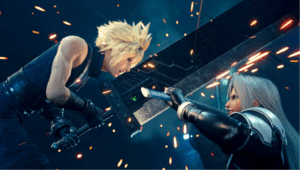
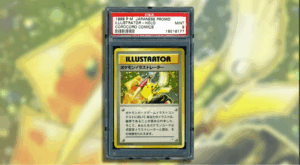





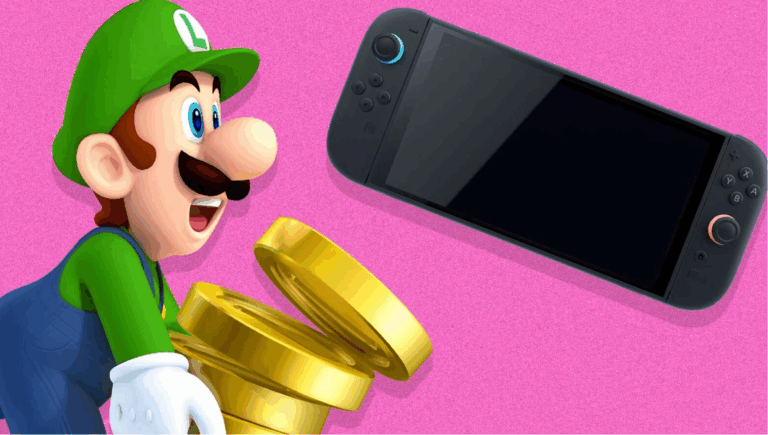
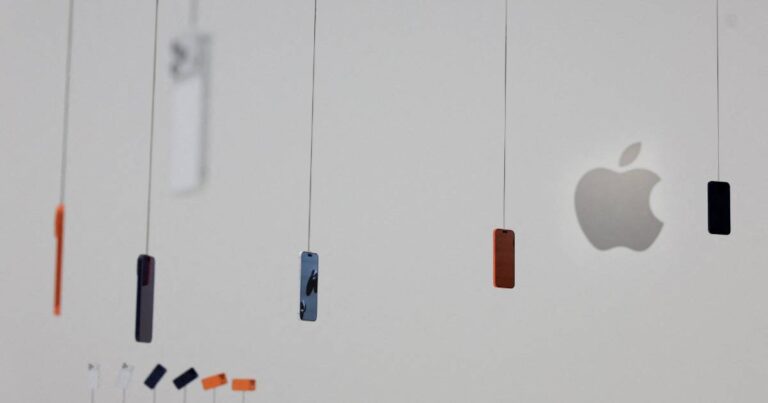


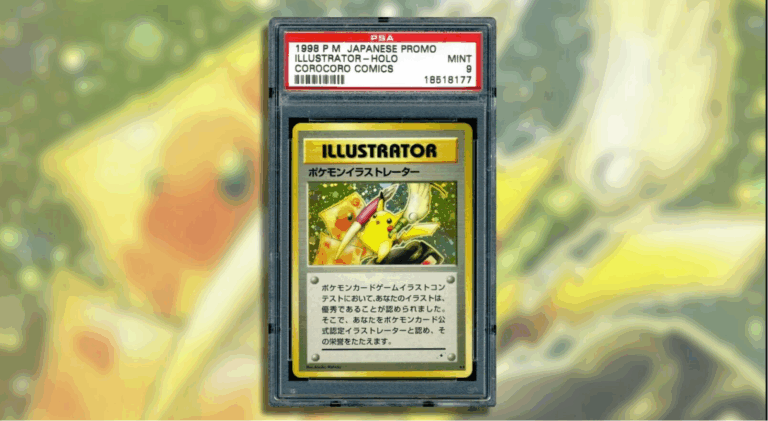
+ There are no comments
Add yours